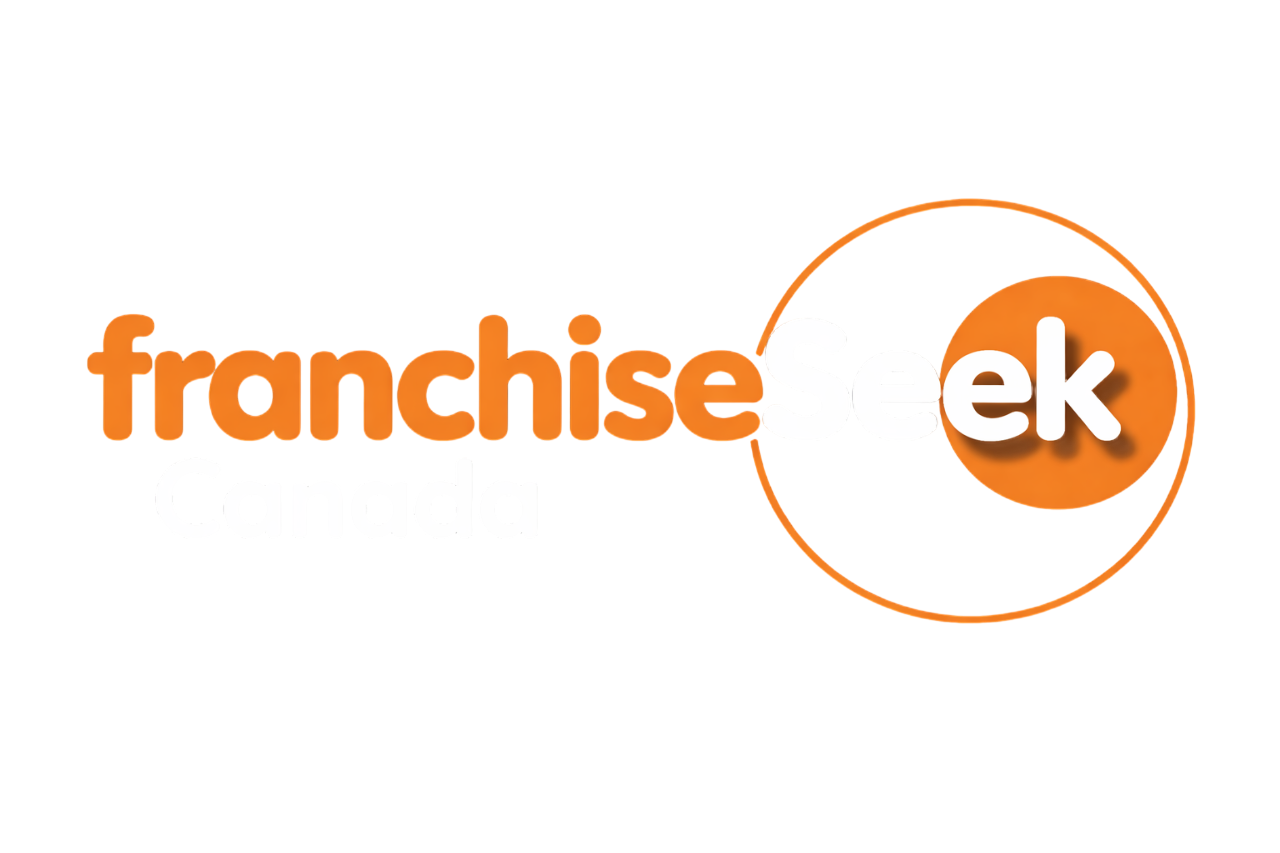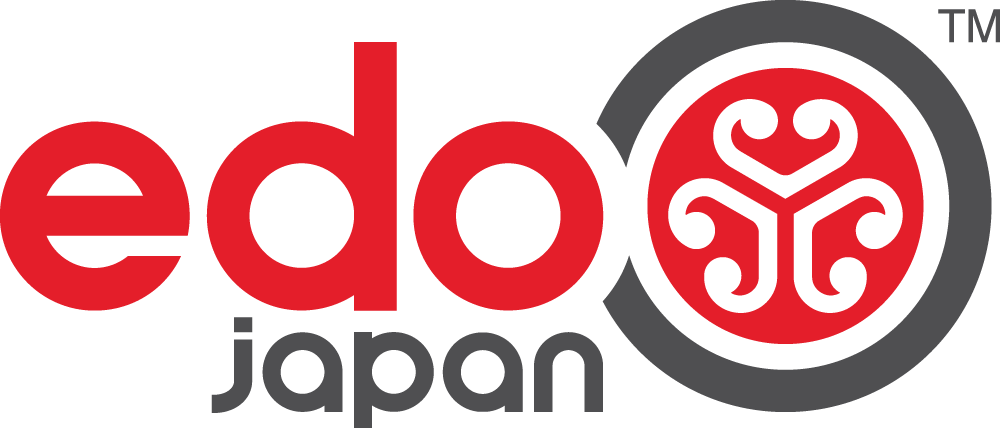Franchising is a popular method of business expansion that allows individuals to operate under a recognized brand name while receiving support and guidance from an established company. One of the essential components of joining a franchise is the franchise fee. This initial cost plays a vital role in the franchising relationship and understanding its purpose and structure is crucial for any prospective franchisee in Canada.
Understanding the Franchise Fee
A franchise fee is a payment made by the franchisee to the franchisor at the beginning of the franchise relationship. This fee grants the franchisee the right to use the franchisor’s trademarks, branding, business model, and operational systems. It is essentially the cost of entry into a business that already has a proven structure, market presence, and brand recognition.
Unlike other business expenses, the franchise fee is not a recurring payment. It is typically a one-time fee required before the franchisee can start operating under the franchise’s name. This initial fee sets the foundation for the business relationship and opens the door to training, support, and access to proprietary resources.
What the Franchise Fee Covers
While the exact contents of what the franchise fee covers can vary between franchisors, it generally includes the right to use the brand’s name and system, initial training for the franchisee and sometimes their staff, and assistance with setting up the business. This may involve site selection guidance, help with design and layout, operational manuals, and access to suppliers.
The fee often represents the franchisor’s investment in getting the new franchisee up and running. It compensates for the resources and expertise being transferred to the new business owner. For this reason, franchisors put significant thought into how their franchise fee is structured and justified.
The Legal Perspective in Canada
In Canada, franchise relationships are governed by provincial legislation in certain regions. These laws ensure transparency and fairness in the franchising process. One requirement is that franchisors must provide a disclosure document that includes key financial information, including details about the franchise fee. This legal framework is designed to protect franchisees and ensure they have the information necessary to make an informed decision.
Because of these franchising legal requirements, the franchise fee is typically laid out clearly and must be paid before the franchise agreement is finalized. Prospective franchisees are advised to review these documents carefully and seek professional advice before proceeding.
Franchise Fee vs. Ongoing Costs
It is important to distinguish the initial franchise fee from other financial obligations within the franchise relationship. While the franchise fee is a one-time cost, franchisors usually require ongoing payments, such as royalties and advertising contributions. These recurring payments are typically calculated as a percentage of revenue and are separate from the initial fee.
This distinction helps potential franchisees understand the total financial commitment involved. The franchise fee alone does not represent the full cost of running a franchise, but rather the cost of acquiring the right to do so.
Factors That Influence the Fee Amount
The franchise fee amount can vary based on several factors. These include the brand’s market reputation, the level of support provided, the complexity of the business model, and the industry in which the franchise operates. Well-known brands with strong consumer loyalty often charge higher fees due to the value associated with their name and the perceived reduction in risk.
New or emerging franchises may charge lower fees to attract early adopters and establish a wider presence. However, a lower fee does not necessarily mean lower value, just as a higher fee does not guarantee success. Each opportunity should be assessed based on its merits and the alignment with the franchisee’s goals.
Making the Right Decision
Paying a franchise fee is just one of the many costs involved in buying a franchise and a significant decision that should be approached with careful consideration. It is not just a financial transaction, but the beginning of a long-term business relationship. Before paying the fee, potential franchisees should ensure they fully understand the franchise’s business model, support systems, and expectations.
Due diligence is essential. This includes reviewing the disclosure document, speaking with current franchisees, and consulting with legal and financial advisors. A thorough understanding of what the franchise fee includes and how it supports the business setup can help avoid surprises down the road.
Summary
The franchise fee is a crucial part of the franchising process in Canada. It symbolizes the commitment of both franchisor and franchisee to a shared vision and operational framework. By understanding what the fee covers, how it fits into the broader financial picture, and what legal protections are in place, entrepreneurs can make more informed choices when entering the world of franchising. With the right knowledge and preparation, the franchise fee can be a worthwhile investment in a successful business venture.









